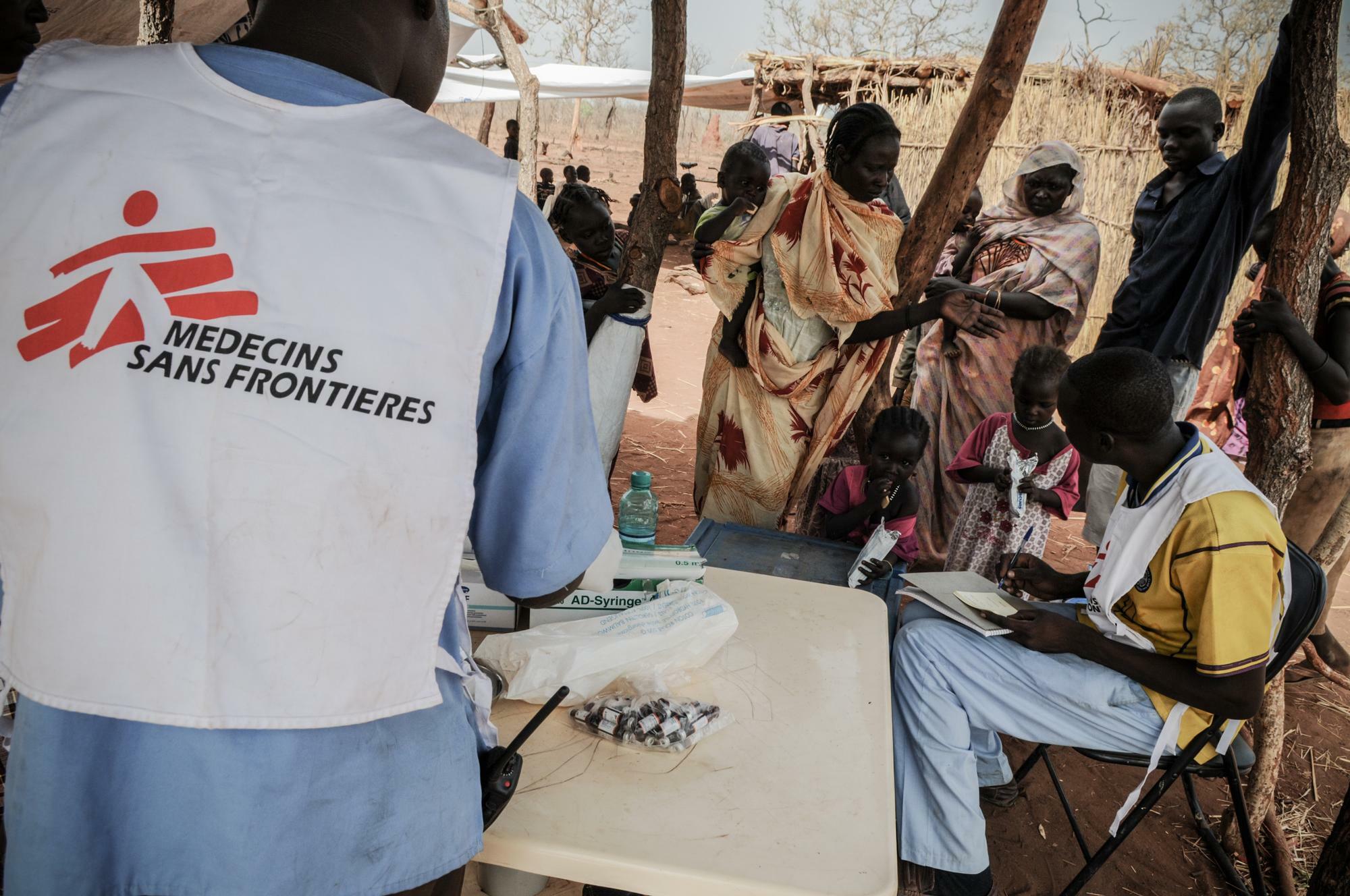
Liverpool School of Tropical Medicine (LSTM) and the Humanitarian & Conflict Response Institute (HCRI) of the University of Manchester have signed a global partnership with the international medical charity Médecins Sans Frontières (MSF). The partnership will deliver an educational programme designed to enhance the skills and knowledge of MSF’s personnel for stronger operations and leadership in the field.
‘We are very pleased with this partnership’, said Michael Lurie LSTM’s Director for International Education and Knowledge Exchange. ‘As part of our ever expanding educational portfolio this is a bespoke offering that will help MSF to build the capacity and capability of their staff so that they can deliver more efficient and effective services in a wide range of challenging humanitarian situations.’
The collaboration focuses on the delivery of an educational programme consisting of a suite of flexible Master’s level professional courses including short ones and a full Master’s programme.
‘This offering is unique’, said HCRI’s founding member and Executive Director, Professor Bertrand Taithe, ‘We have organised it in such a way that it will be able to reflect the scoping and strategic needs as identified by MSF. It is yet another example of our educational offering combining the research interests of colleagues in the humanities with the daily realities of humanitarian workers and medical practitioners.’
Both HCRI and LSTM have a long history of collaboration with MSF and have strong complimentary profiles in the field of humanitarian studies.
‘It is for that reason that MSF approached both institutions asking them to develop an educational proposal that will support MSF’s global strategic aims’, said Vickie Hawkins, Executive Director of MSF UK, ‘It will enhance the knowledge and skills of our staff so that they can further improve the services that meet the needs of the populations they serve.’
With the partnership between the three organisations now signed, the teaching offering is being developed. Using a flexible learning approach, it will consist of a mixture of a Master’s programme; course units in Research Methods, the Management of Change with emphasis on Human Resources, Humanitarian Management, and a number of flexible options ranging from public health to the humanities.
The three partners will also hold an annual Summer School, a residential week-long conference which will bring together staff and students of the partners and other humanitarian organisations.
The first MSF students are expected to register as of 2018.
See also: University of Manchester news & the MSF press release